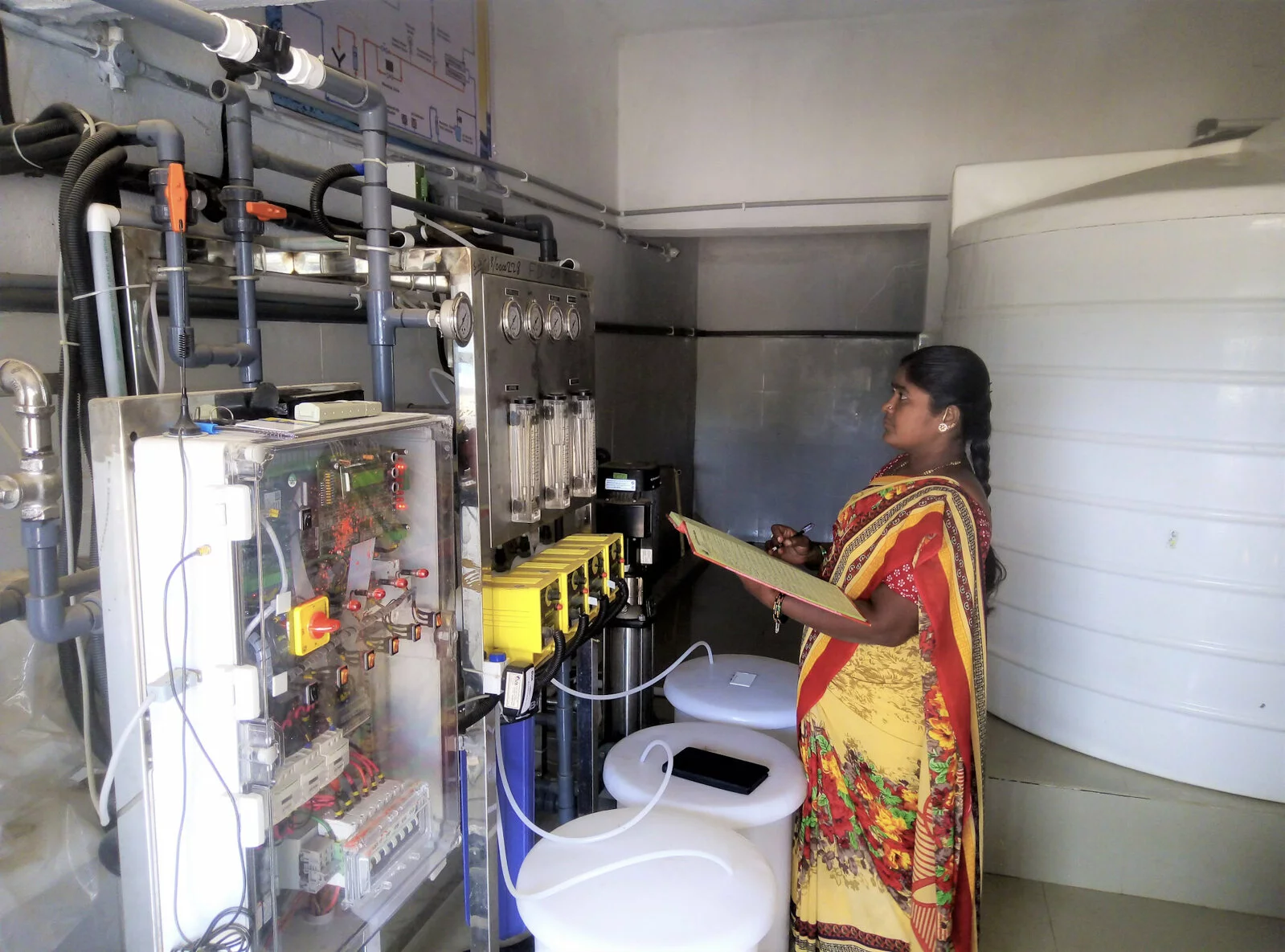Hyderabad City Report (2016)
The Hyderabad City Assessment aims to form a strong base for better water delivery, governance, and decision making for the urban poor in order to improve their health and lives.
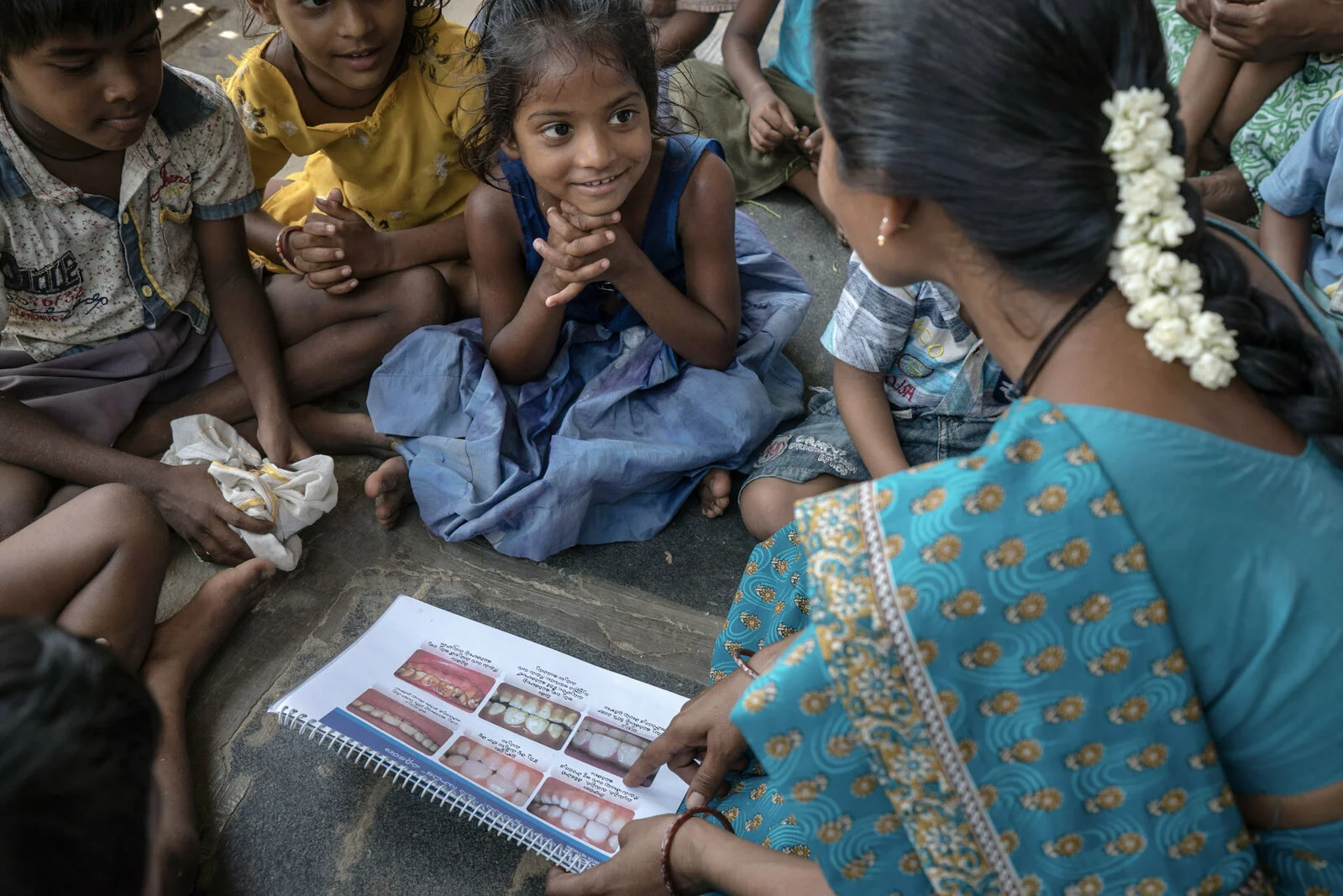
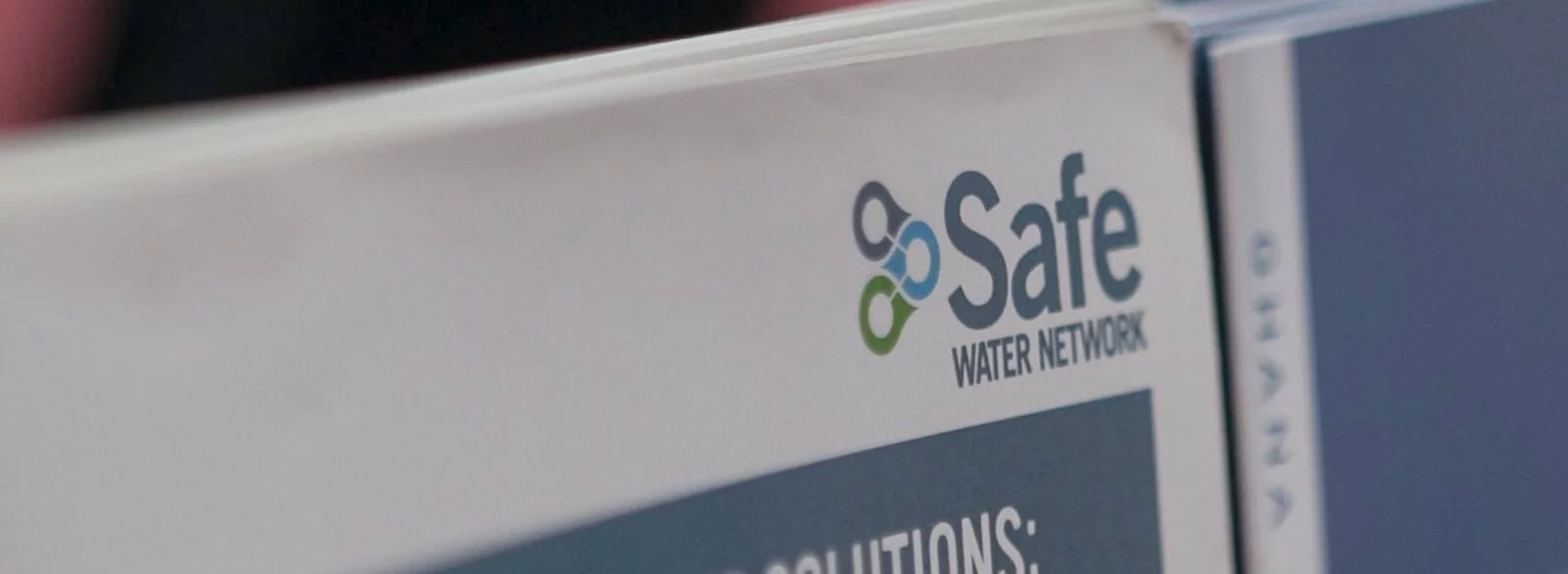
The Hyderabad City Assessment aims to form a strong base for better water delivery, governance, and decision making for the urban poor in order to improve their health and lives.

Safe Water Network's assessment evaluates the gap in the provision of treated drinking water, and identifies the potential role of small water enterprises (SWEs) and digital tools to fill that gap.
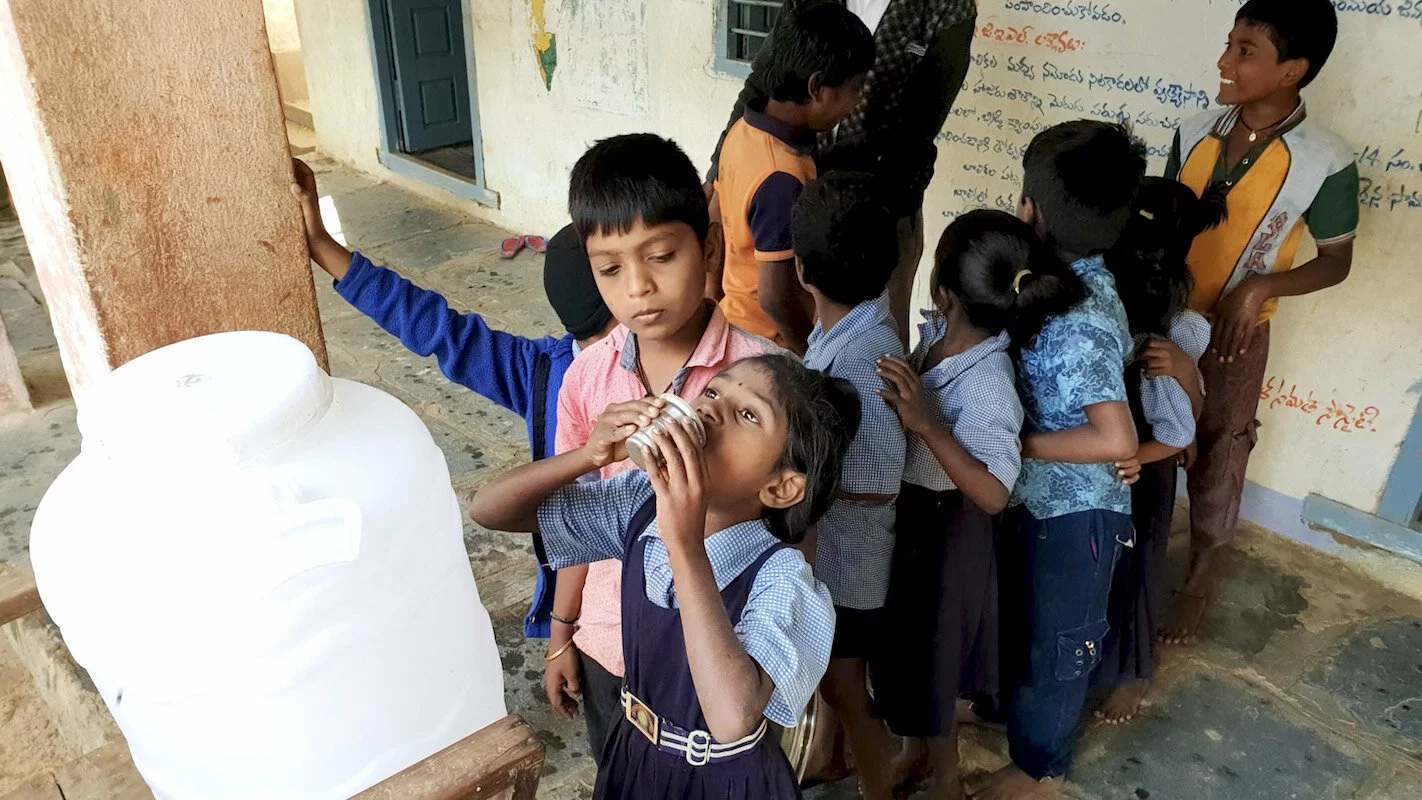
The objective of this assessment is to identify challenges and opportunities for Urban Small Water Enterprises in New Delhi to determine how they can best fill the gap to safe water access.
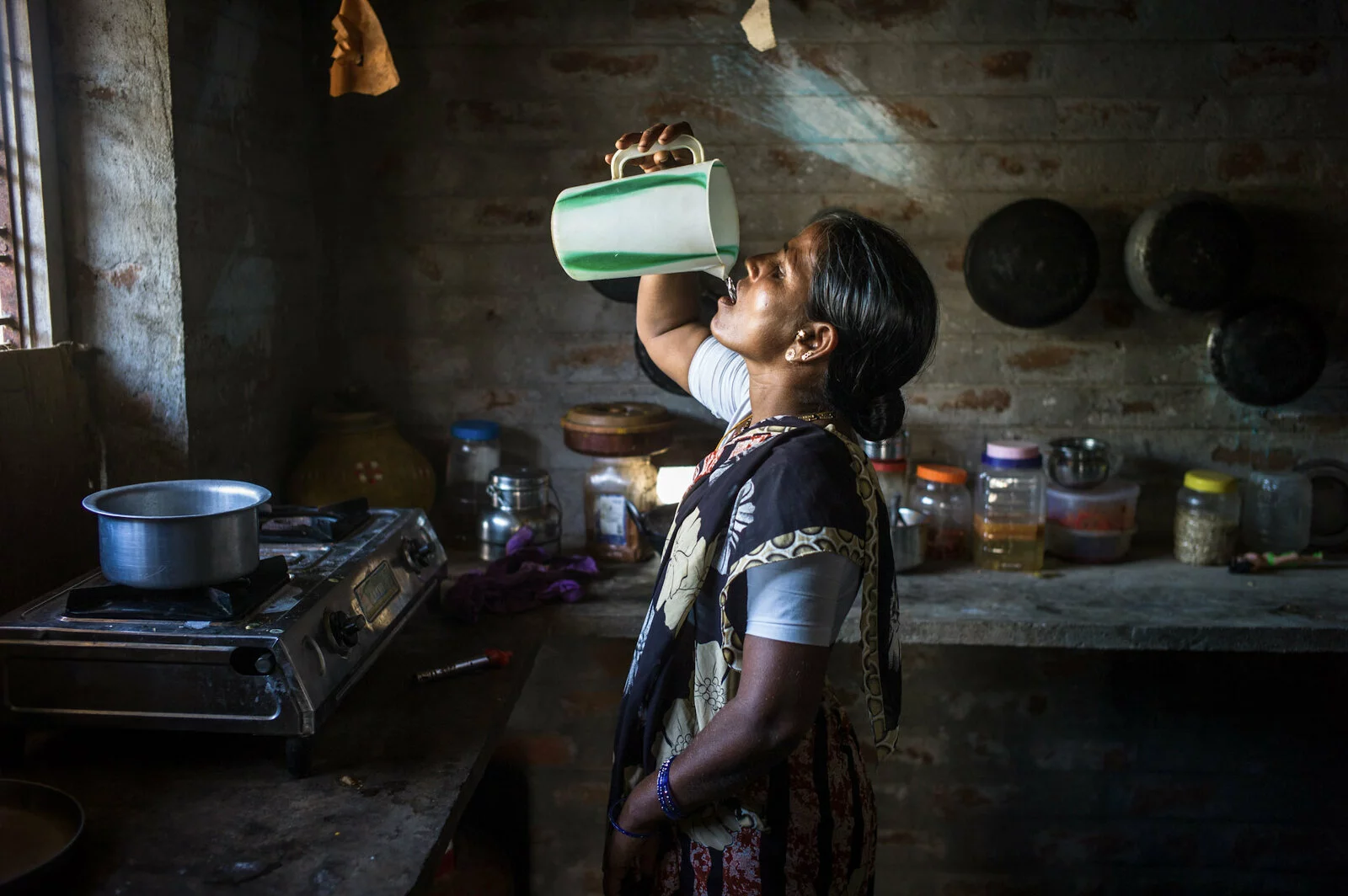
This guide has the researched and tested methods of Safe Water Network in providing sustainable water systems in developing nations. Such systems often face barriers in quality, financial sustainability, ownership, and inclusiveness, which the organization has managed to overcome with experience.
Safe Water Network India partnered with the Central Government’s Ministry of Drinking Water Supply and Sanitation, as well as local government and community leaders, to set up locally-owned and operated iJal Stations in Telangana, a region particularly impacted by illnesses attributed to unsafe drinking water.
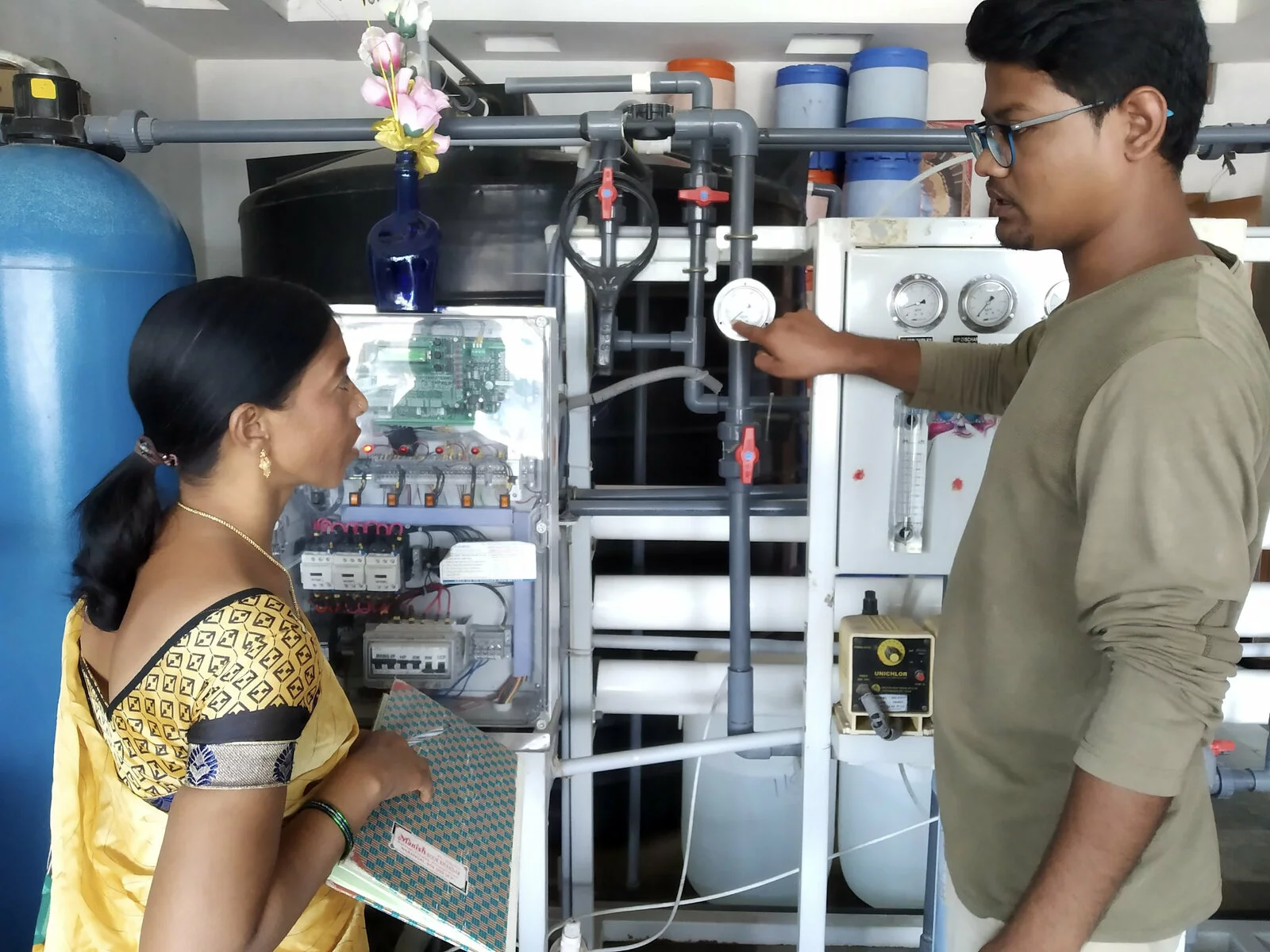
Through its assessment, Safe Water Network was able to identify barriers to a safe and consistent water supply in Vizag and determine how best to support the urban poor.
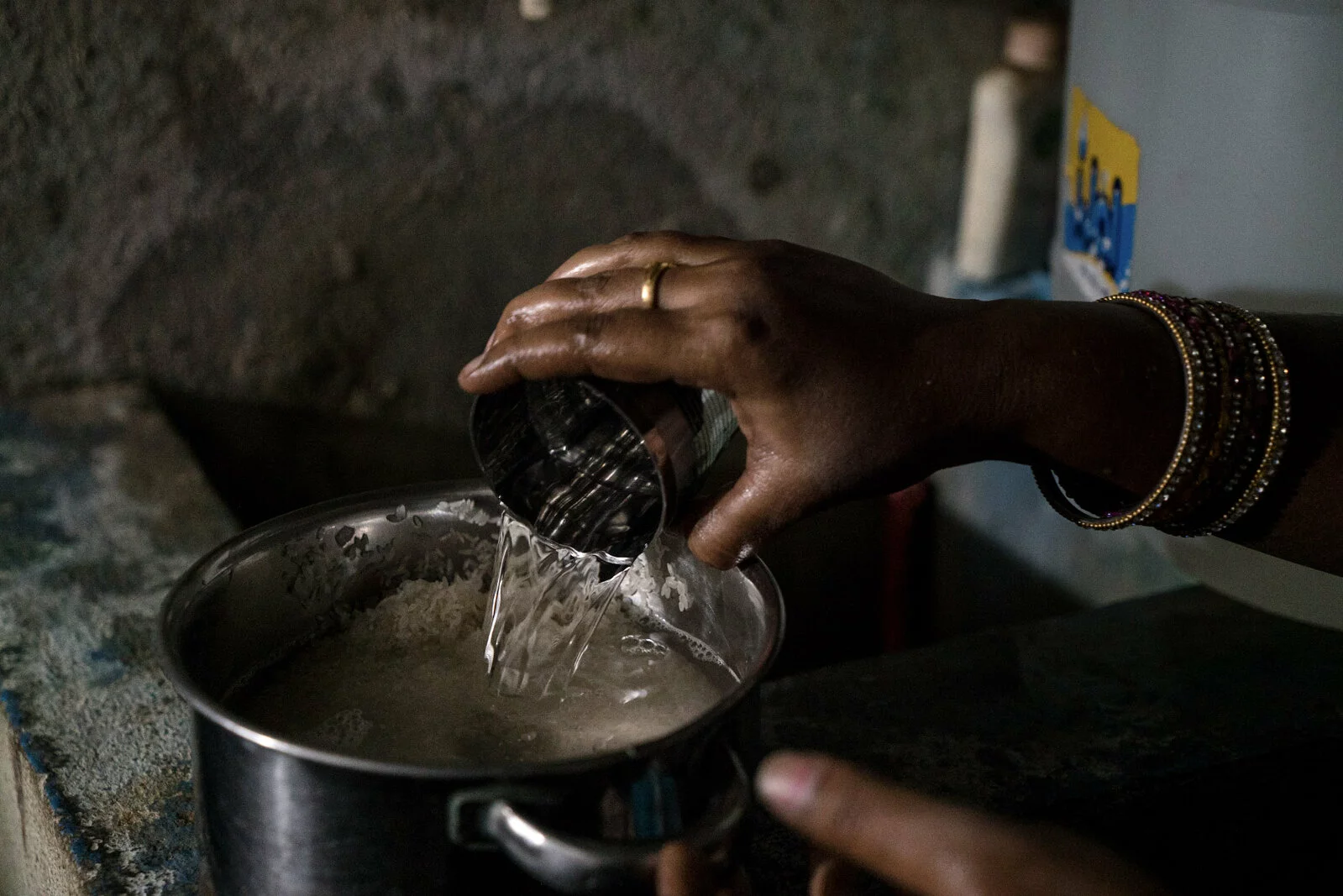
Our Water Resource Management Team in India launched a study to measure the hydrologic footprint of various stations using micro-sheds to ensure that all assessments adhere to environmental standards.
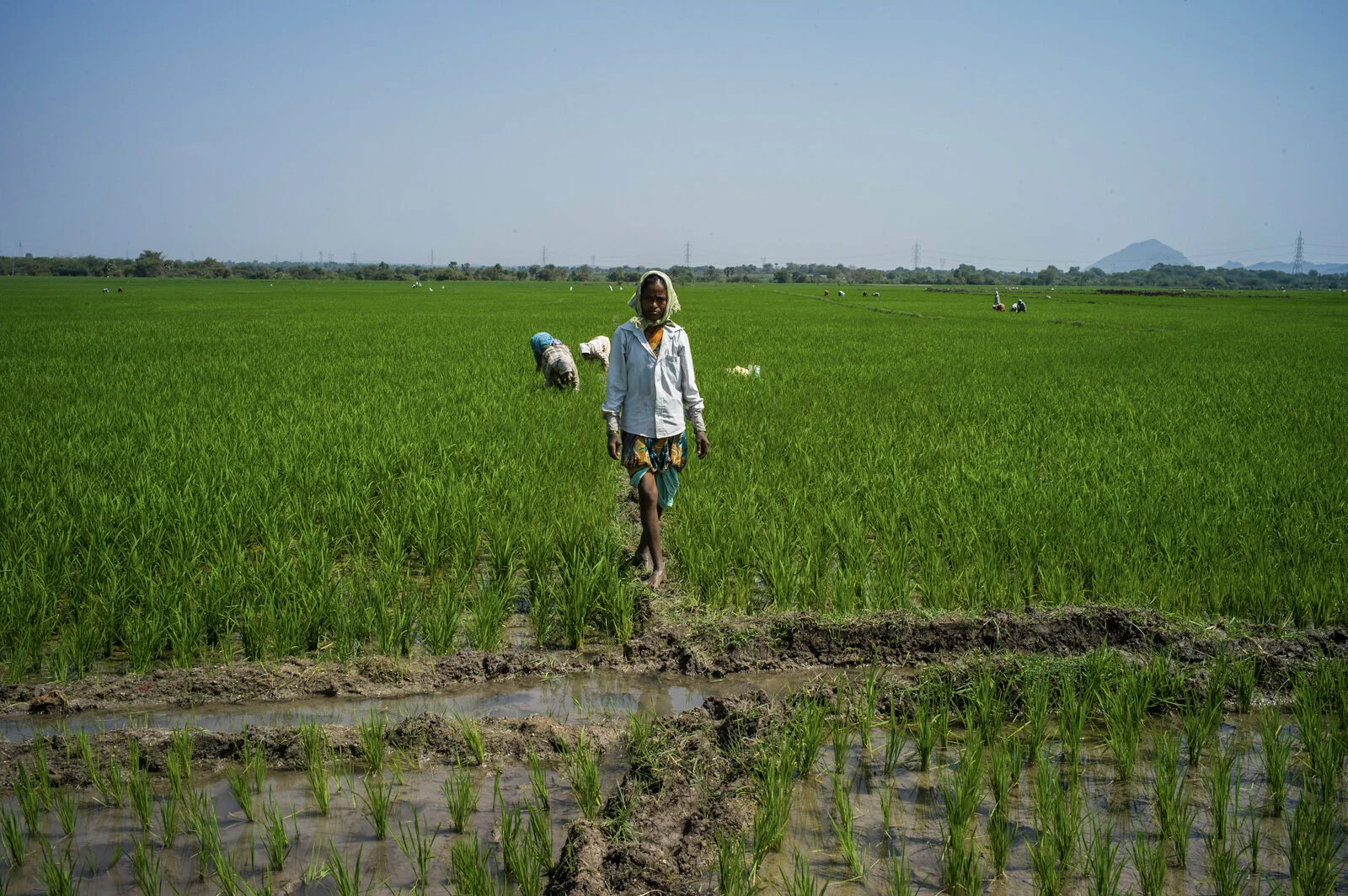
This report discusses the impact of Safe Water Network's implementation of reverse osmosis treatment water stations with remote monitoring systems in 10 villages in India.
